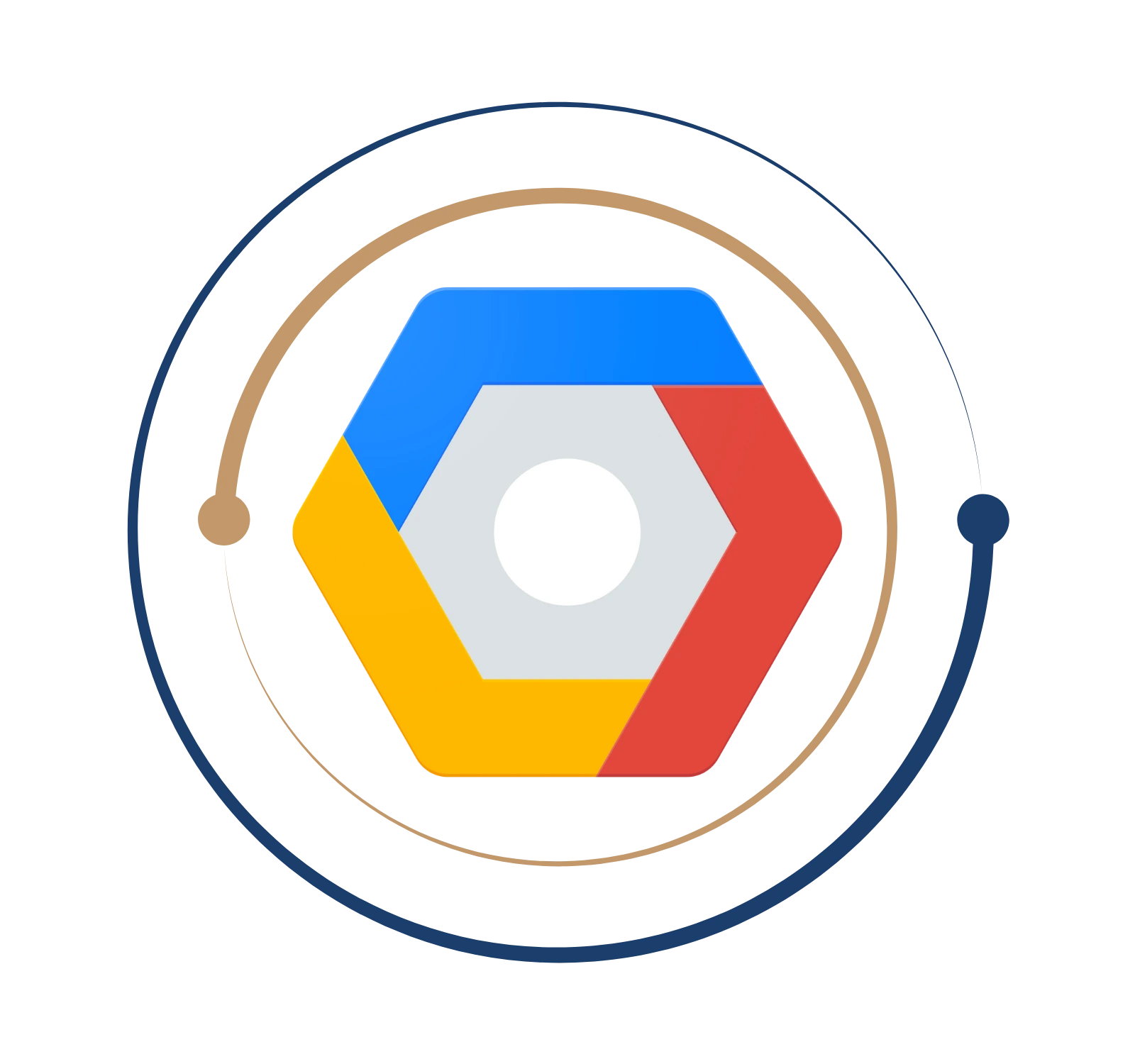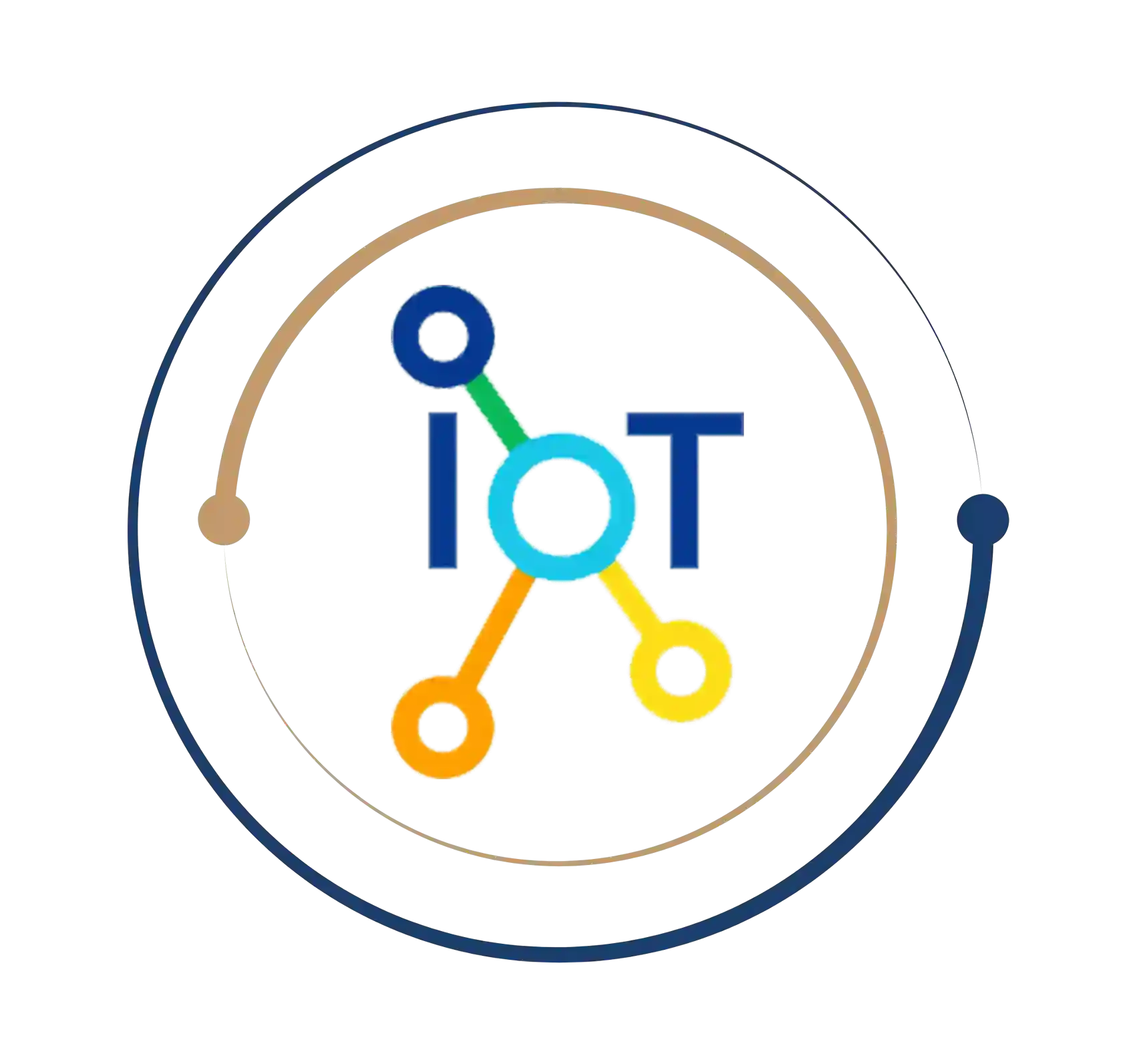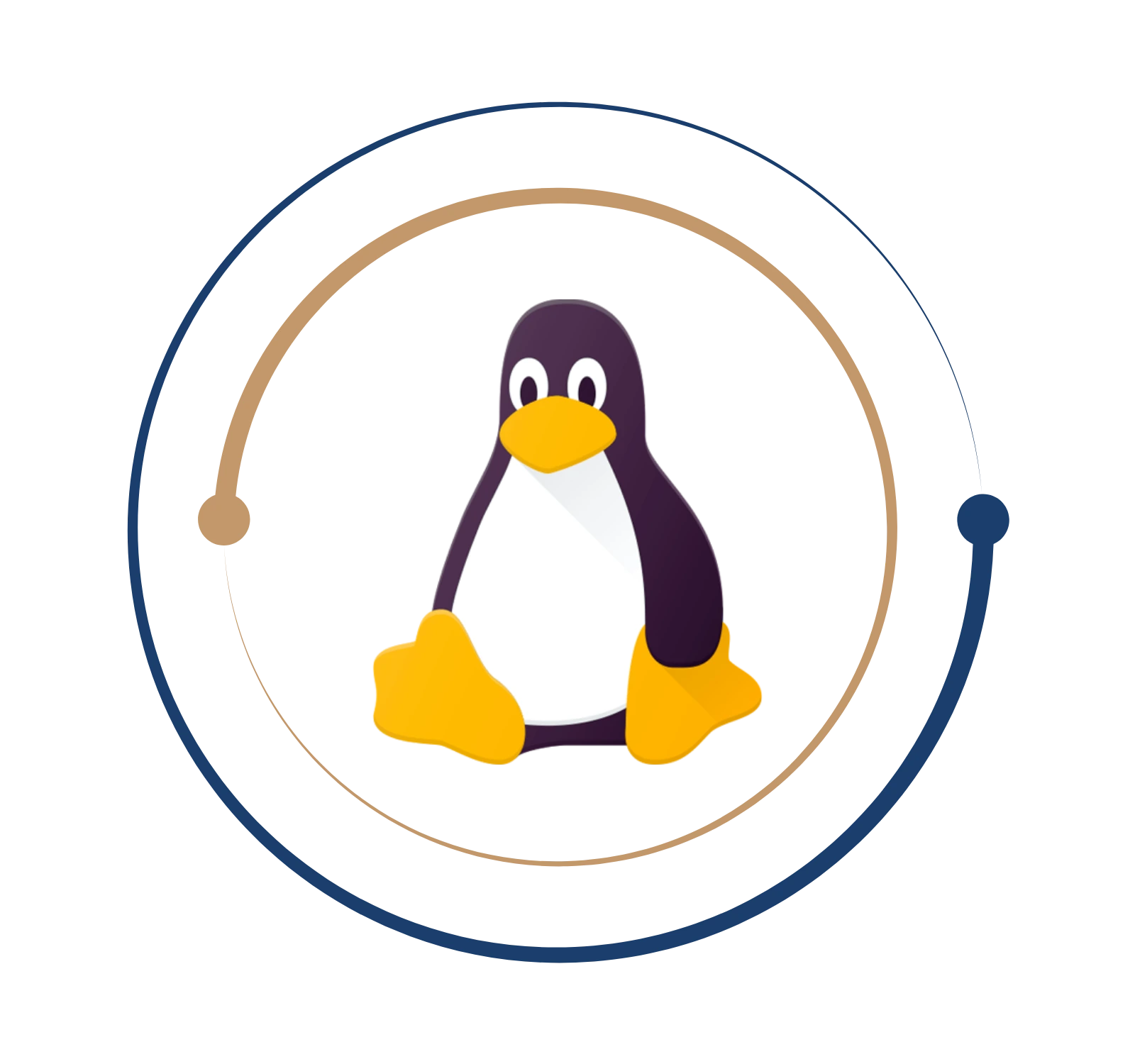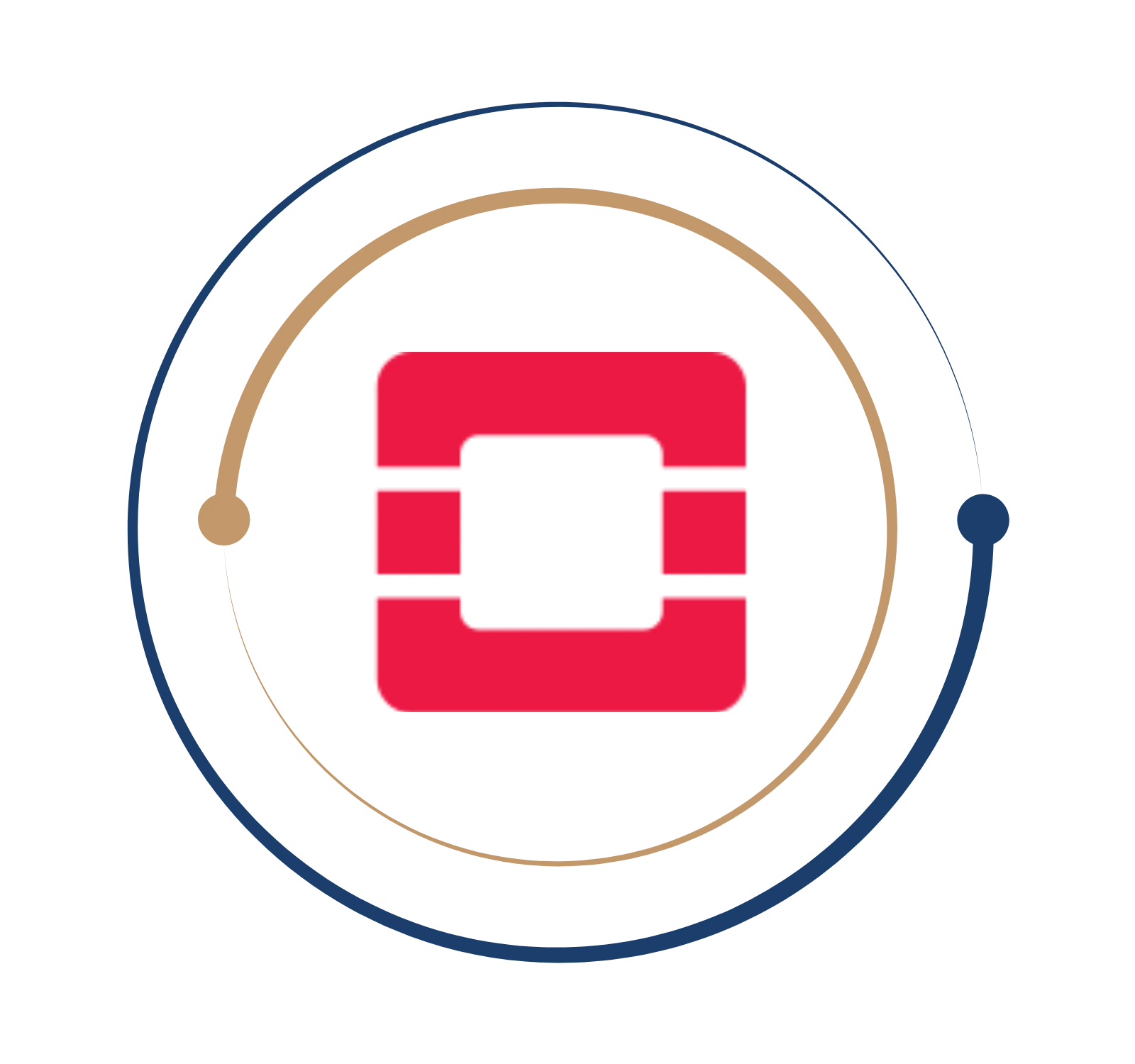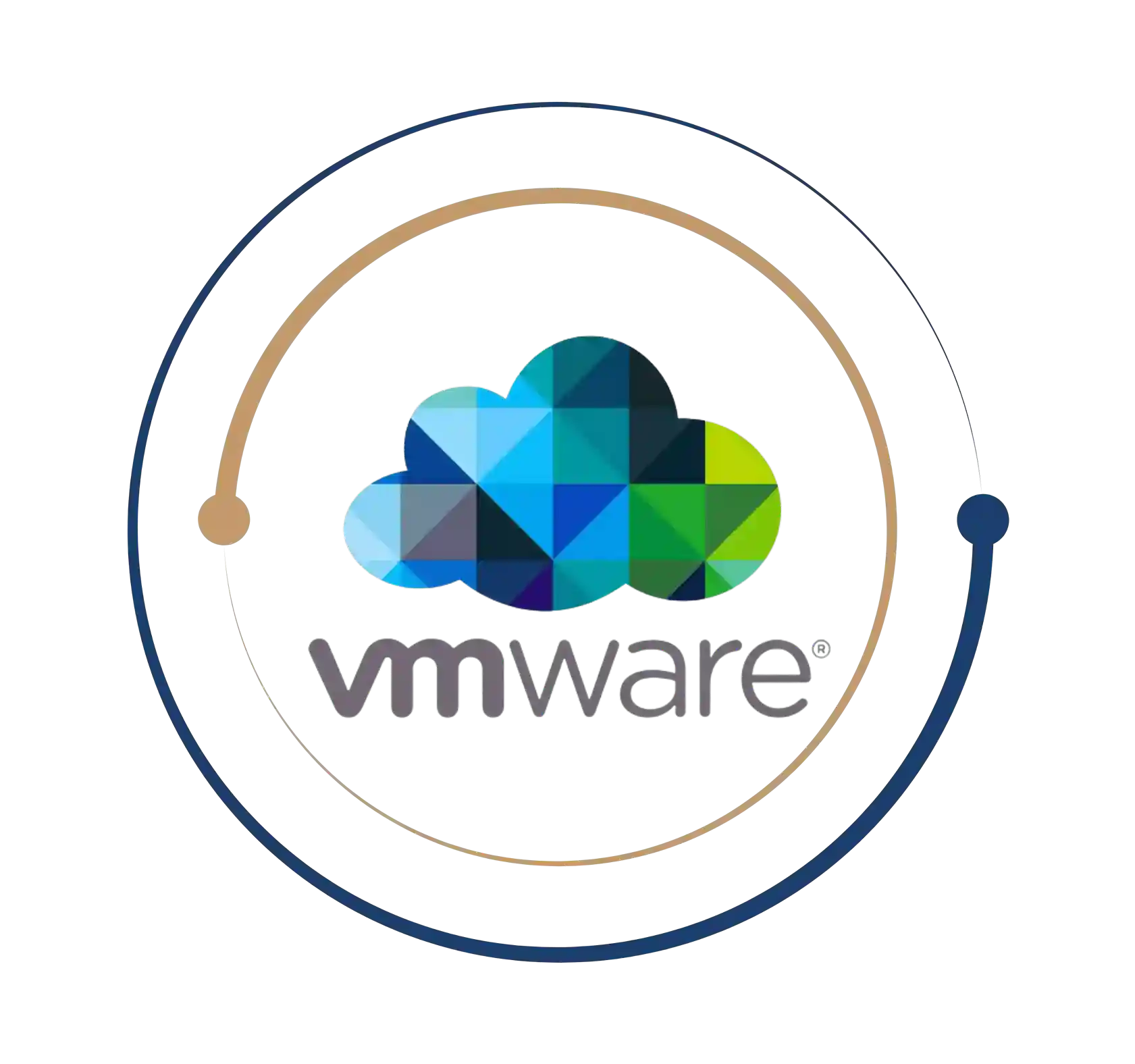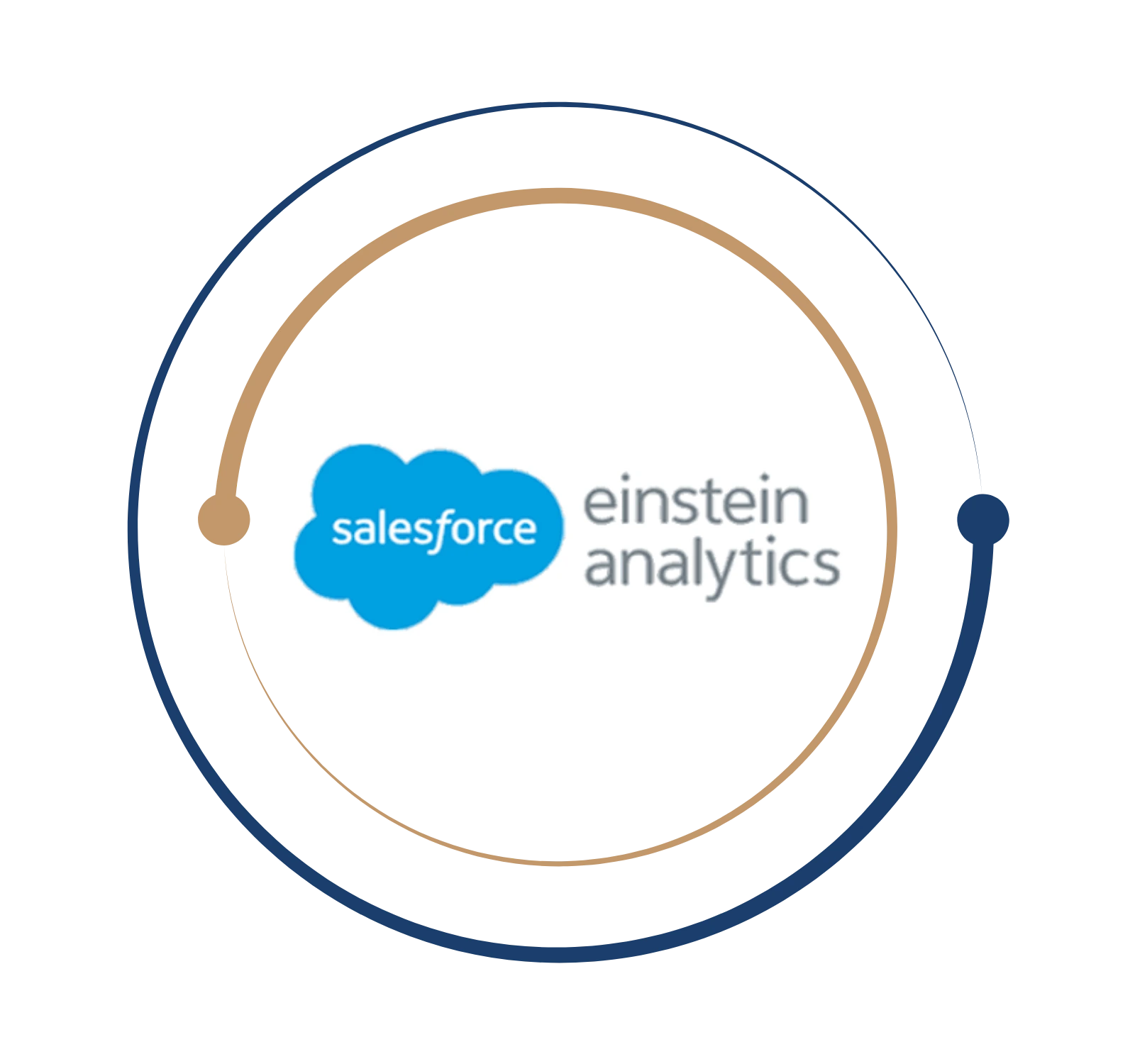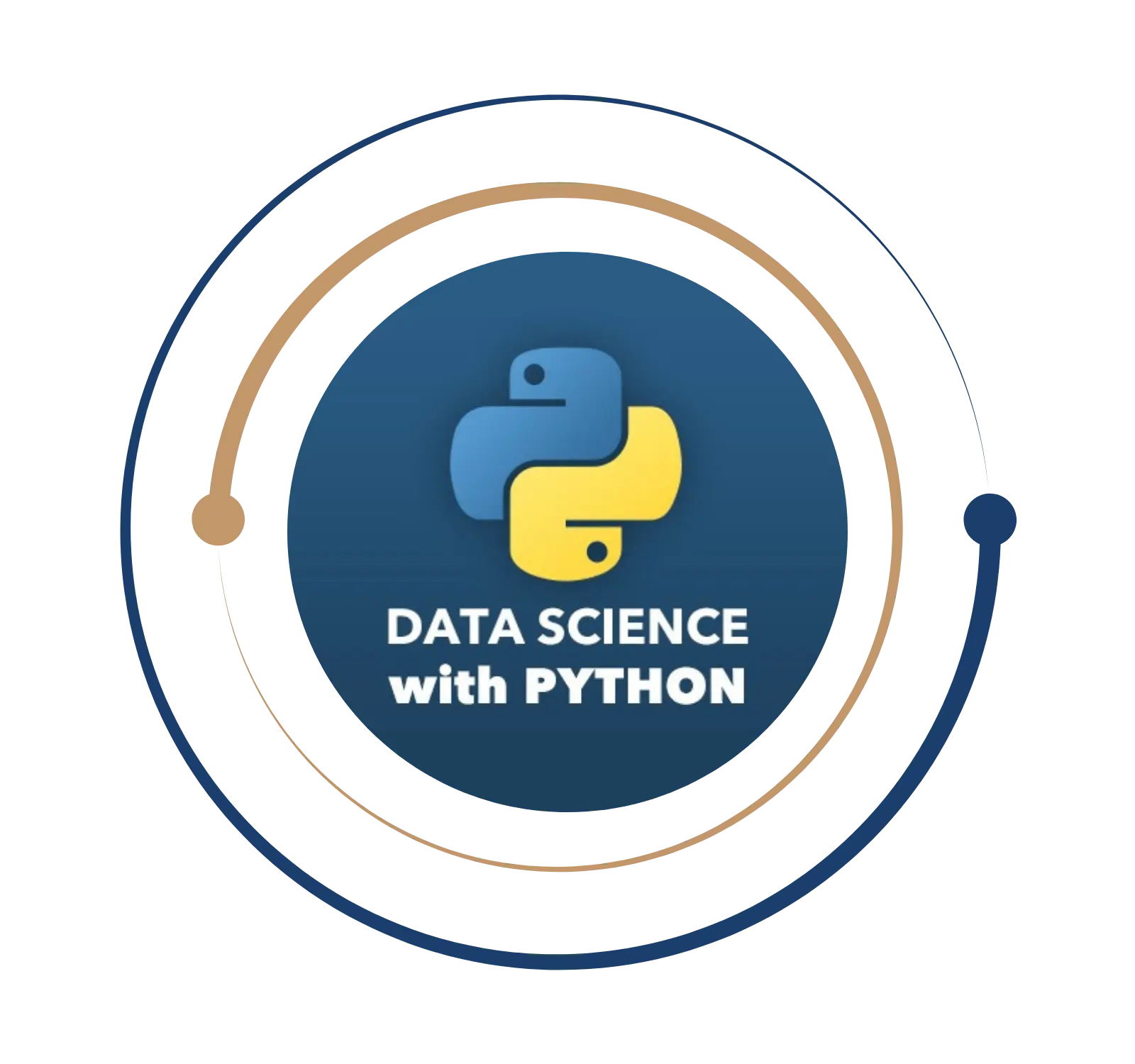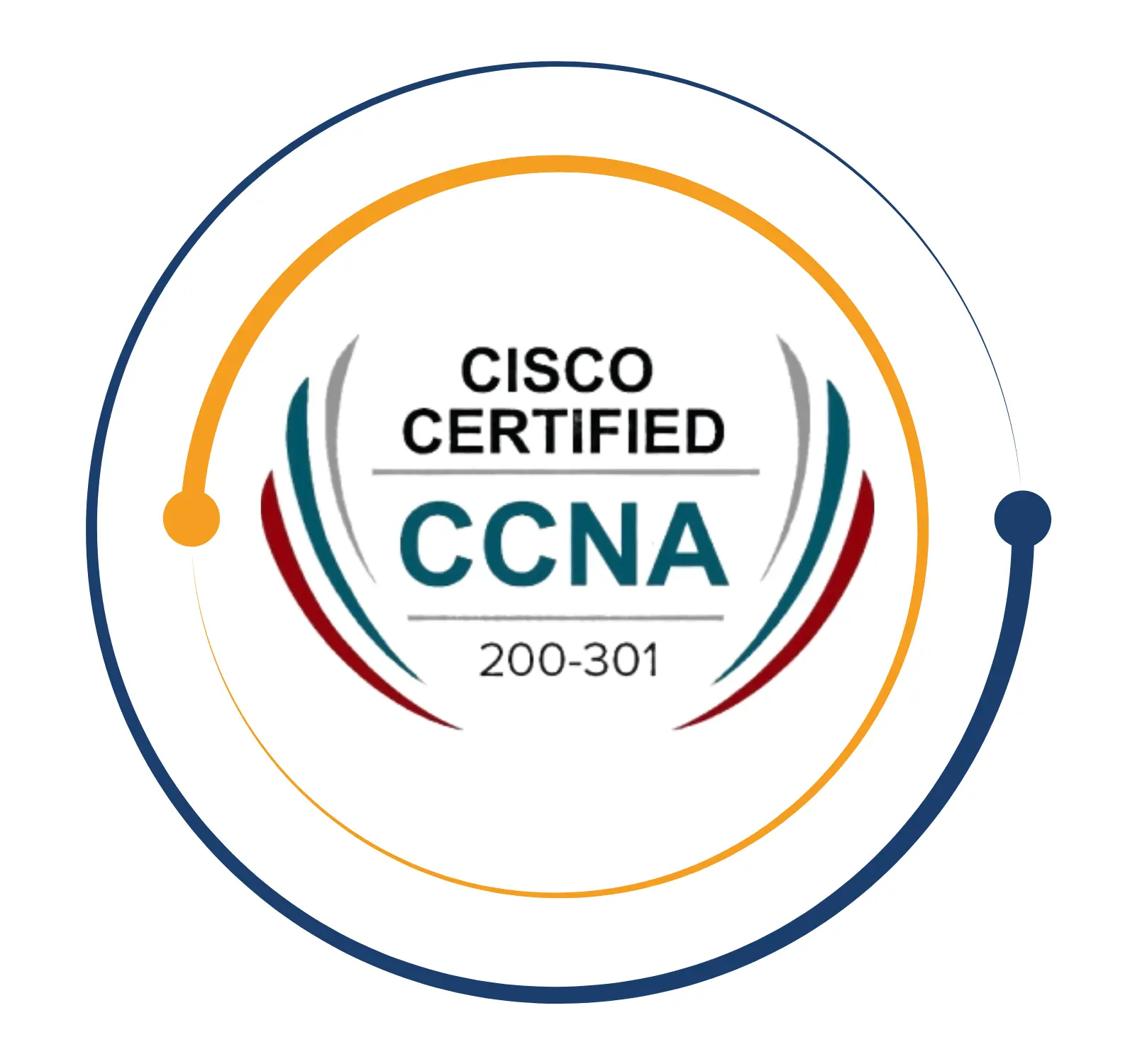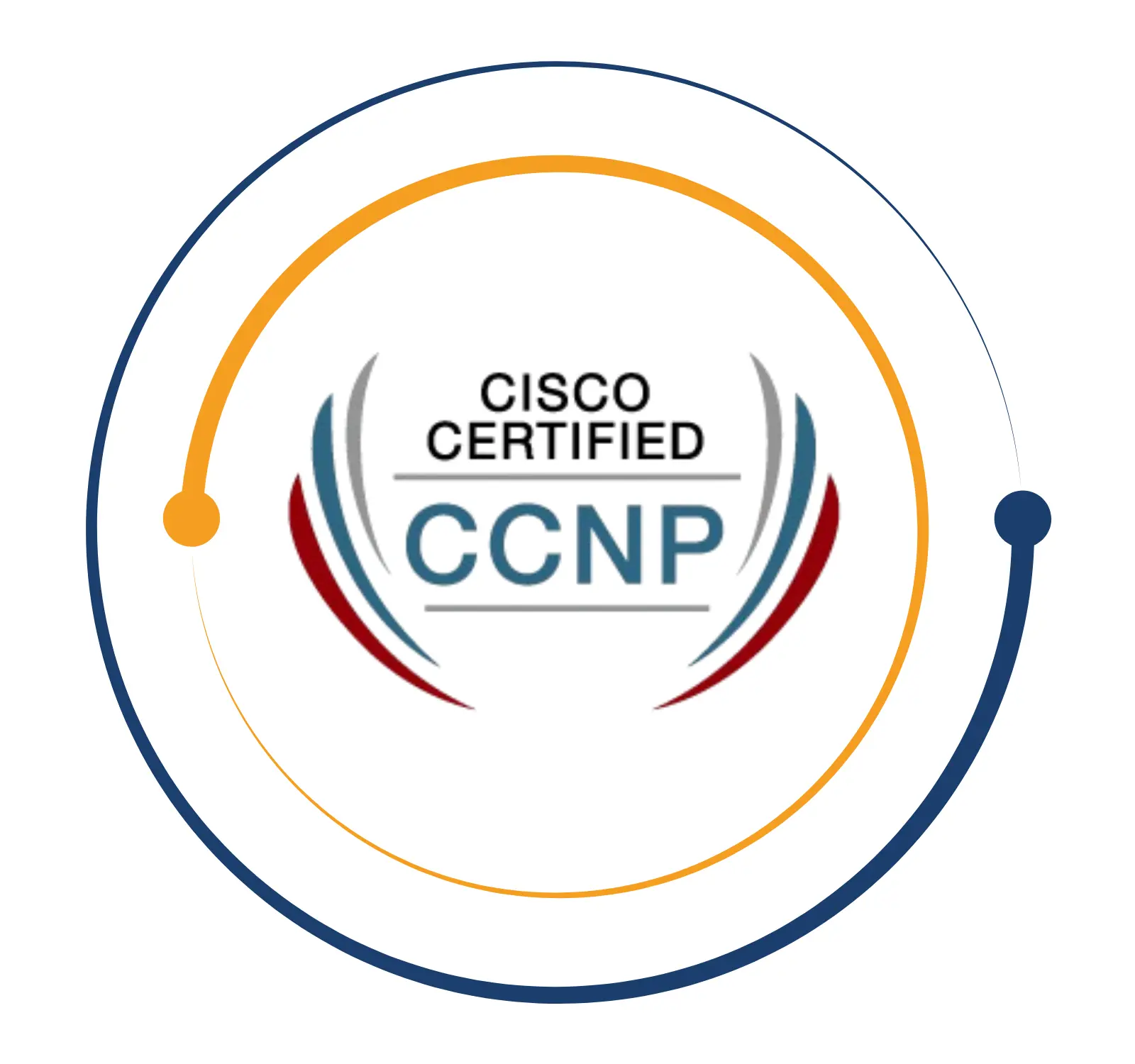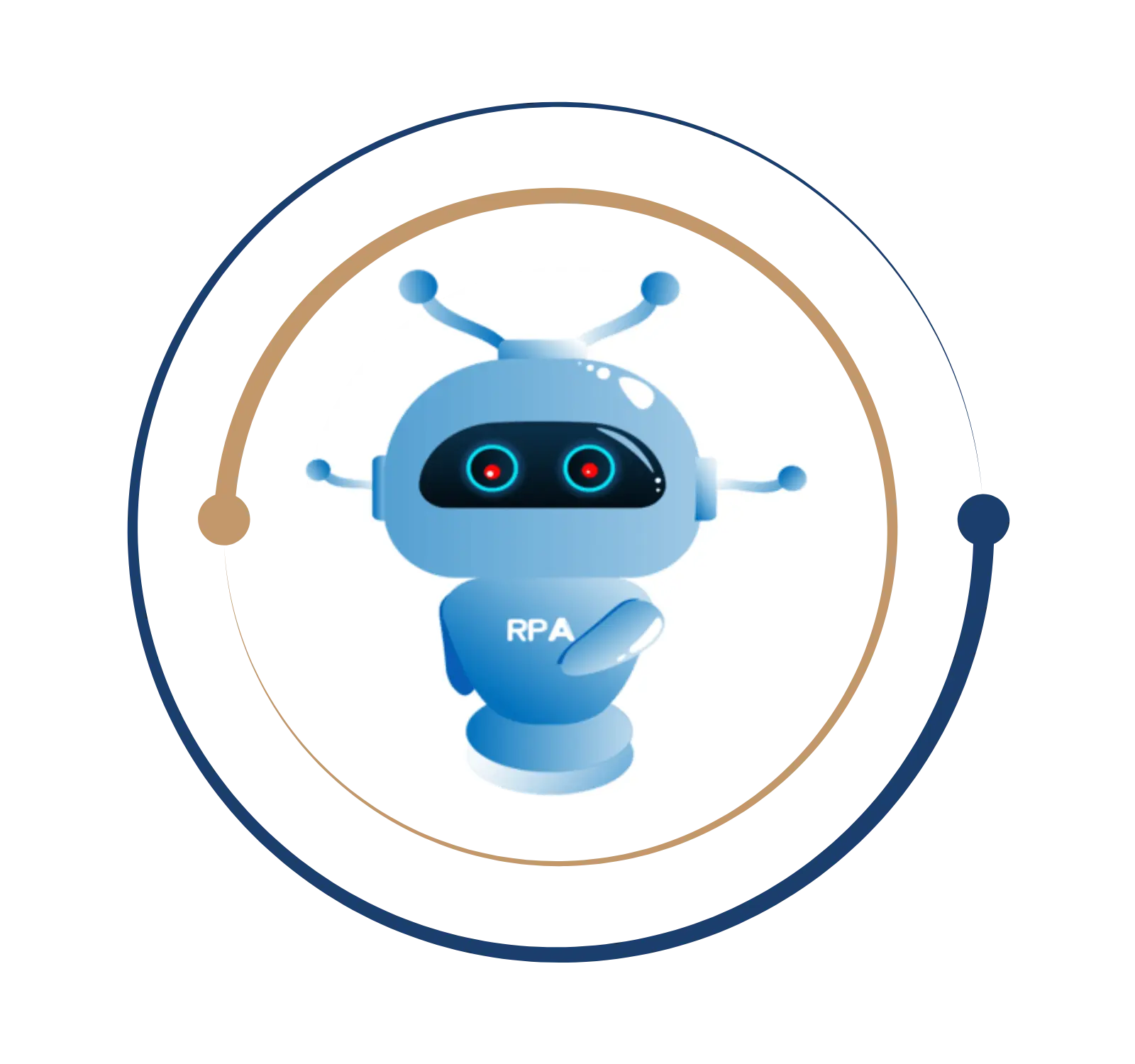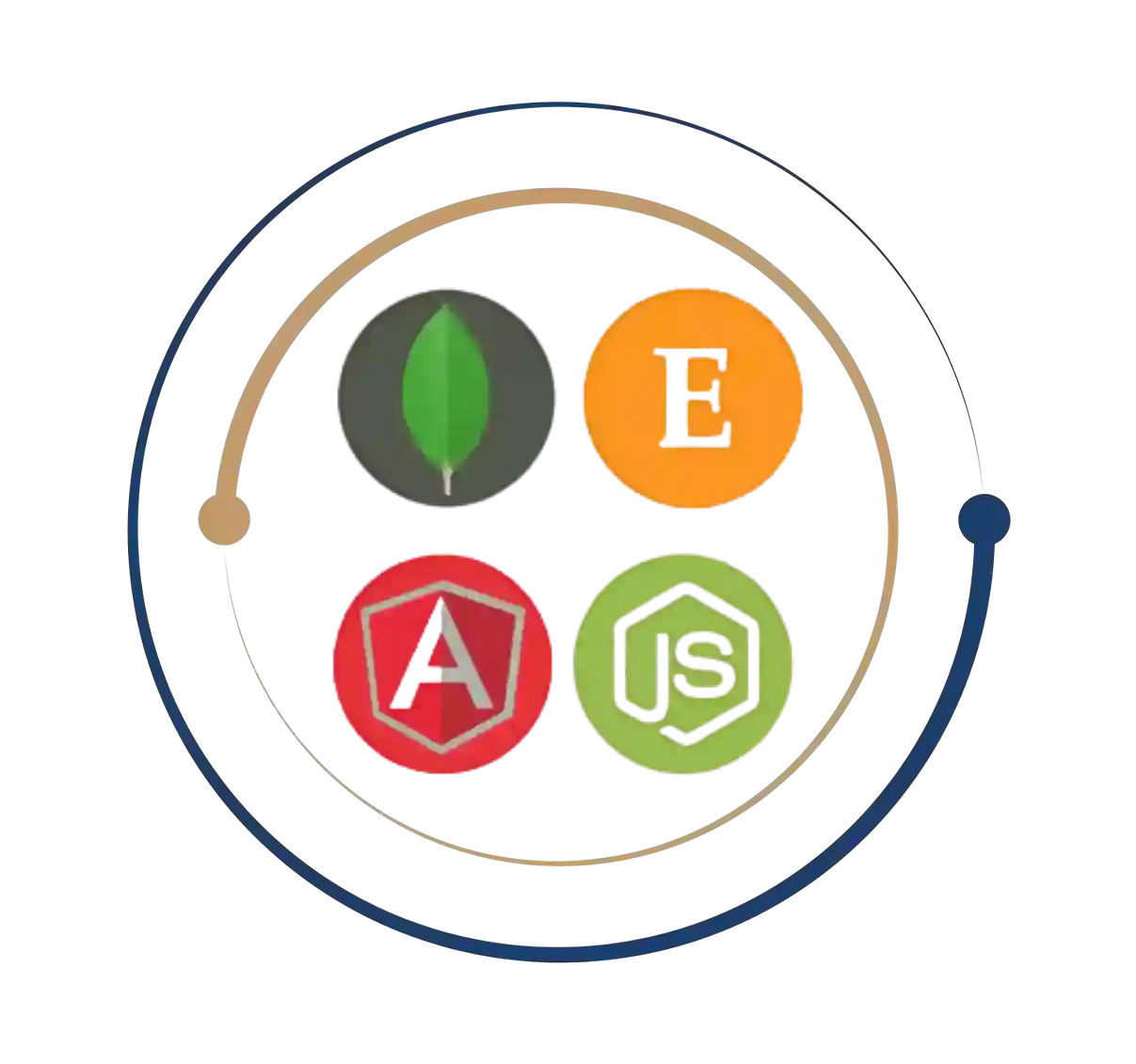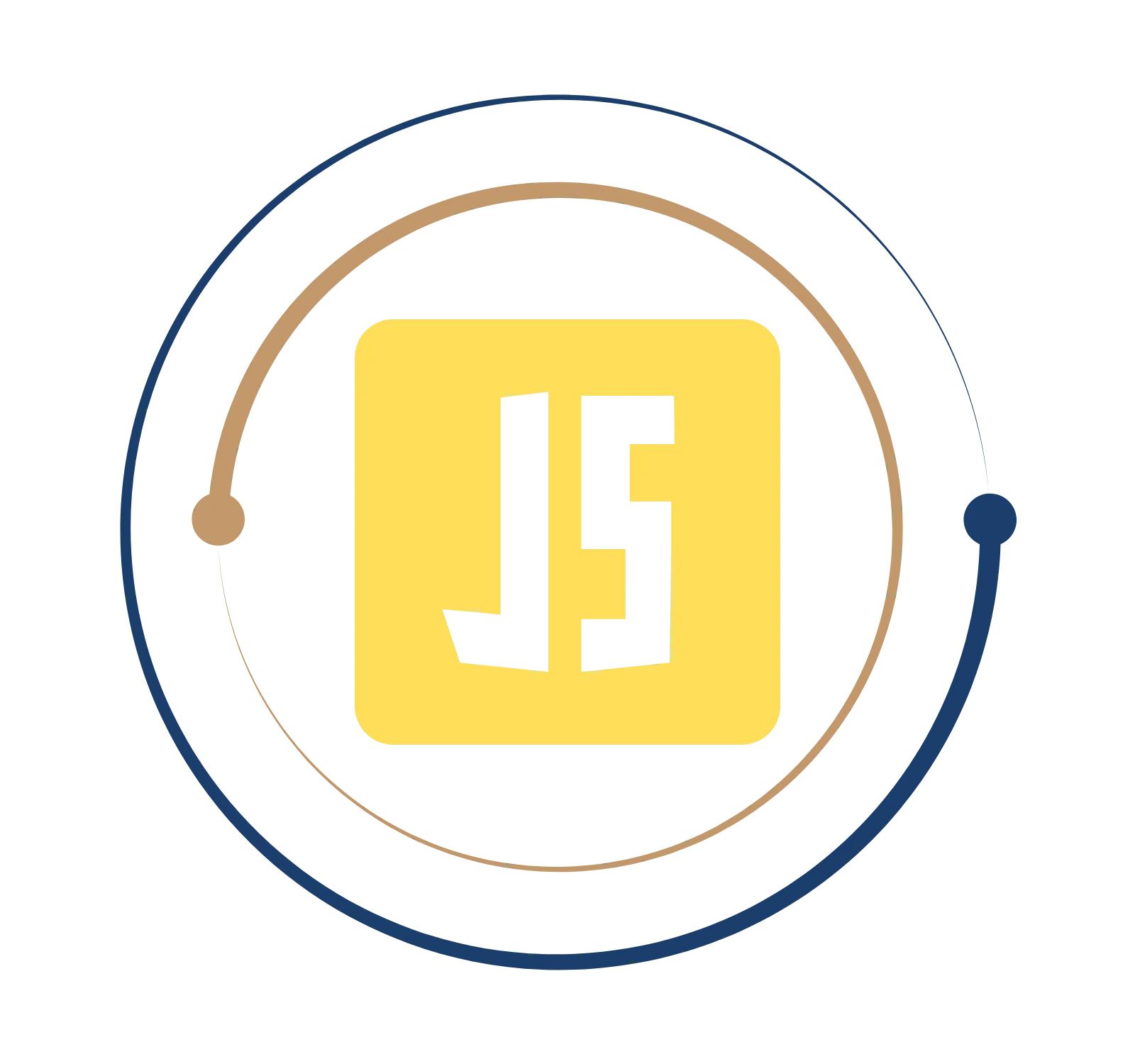Streamline your development with our comprehensive Docker course
Docker Training
BITA Academy is the Best Docker Training Institute in Chennai that will teach you more about the Docker Engine and how Docker functions as a platform for app packaging. This is the ideal course to launch any web project if you have basic terminal and command line skills. Docker Training does not require any prior Docker or Kubernetes experience. Docker and Kubernetes are new to the DevOps world and alter the process of creating and deploying web applications. It would help if you learned more about containers before working with them using simple Docker CLI commands. This course will teach you about Docker images, files, and containers. A deep dive into Kubernetes will also assist you in deploying this cluster to Google Cloud if you want to create a complicated multi-container programme.
Docker is an open-source technology that allows developers to automate application deployment and administration in lightweight, isolated containers. Containers are self-contained environments containing all the components required to run an application, such as code, runtime, libraries, and system tools. Docker offers a standard and portable method of packaging applications, allowing them to be independent of the underlying infrastructure. It streamlines the development process by reducing compatibility difficulties and ensuring that programs execute consistently across environments such as development computers, testing servers, and production servers. Docker also improves scalability and cooperation by making it simple for developers to collaborate and deploy containerized apps.
Docker Training
BITA Academy is the Best Docker Training Institute in Chennai that will teach you more about the Docker Engine and how Docker functions as a platform for app packaging. This is the ideal course to launch any web project if you have basic terminal and command line skills. Docker Training does not require any prior Docker or Kubernetes experience. Docker and Kubernetes are new to the DevOps world and alter the process of creating and deploying web applications. It would help if you learned more about containers before working with them using simple Docker CLI commands. This course will teach you about Docker images, files, and containers. A deep dive into Kubernetes will also assist you in deploying this cluster to Google Cloud if you want to create a complicated multi-container programme.
What is Docker?
Docker is an open-source technology that allows developers to automate application deployment and administration in lightweight, isolated containers. Containers are self-contained environments containing all the components required to run an application, such as code, runtime, libraries, and system tools. Docker offers a standard and portable method of packaging applications, allowing them to be independent of the underlying infrastructure. It streamlines the development process by reducing compatibility difficulties and ensuring that programs execute consistently across environments such as development computers, testing servers, and production servers. Docker also improves scalability and cooperation by making it simple for developers to collaborate and deploy containerized apps.
Roles and Responsibilities in Docker
Developer
- Developers create Docker images that contain the application code, dependencies, and configurations needed to operate the application.
- Writing Dockerfiles: Dockerfiles are text files that contain instructions for building Docker images.
- Testing and debugging: To ensure that apps running within Docker containers work properly, developers test and debug them.
Operations/DevOps Engineer
- Infrastructure installation: Operations/DevOps engineers install Docker infrastructure, which includes the Docker daemon, Docker Engine, and container runtime environment.
- Container orchestration: They oversee container orchestration technologies such as Docker Swarm or Kubernetes, which deploy and manage containers across a cluster of servers.
- Monitoring and scaling: Operations/DevOps engineers monitor Docker container performance, scale them based on demand, and handle container failures.
- Security and compliance: They guarantee that Docker containers and images are secure, that best practices are followed, and that organizational policies and laws are followed.
- Continuous integration/continuous deployment (CI/CD): Docker is integrated into the CI/CD pipeline by operations/devops engineers, automating the build, test, and deployment procedures.
Docker is an open-source technology that allows developers to automate application deployment and administration in lightweight, isolated containers. Containers are self-contained environments containing all the components required to run an application, such as code, runtime, libraries, and system tools. Docker offers a standard and portable method of packaging applications, allowing them to be independent of the underlying infrastructure. It streamlines the development process by reducing compatibility difficulties and ensuring that programs execute consistently across environments such as development computers, testing servers, and production servers. Docker also improves scalability and cooperation by making it simple for developers to collaborate and deploy containerized apps.
Developer
- Developers create Docker images that contain the application code, dependencies, and configurations needed to operate the application.
- Writing Dockerfiles: Dockerfiles are text files that contain instructions for building Docker images.
- Testing and debugging: To ensure that apps running within Docker containers work properly, developers test and debug them.
Operations/DevOps Engineer
- Infrastructure installation: Operations/DevOps engineers install Docker infrastructure, which includes the Docker daemon, Docker Engine, and container runtime environment.
- Container orchestration: They oversee container orchestration technologies such as Docker Swarm or Kubernetes, which deploy and manage containers across a cluster of servers.
- Monitoring and scaling: Operations/DevOps engineers monitor Docker container performance, scale them based on demand, and handle container failures.
- Security and compliance: They guarantee that Docker containers and images are secure, that best practices are followed, and that organizational policies and laws are followed.
- Continuous integration/continuous deployment (CI/CD): Docker is integrated into the CI/CD pipeline by operations/devops engineers, automating the build, test, and deployment procedures.
Get Instant Help Here
Individuals in many roles, such as developers, system administrators, and DevOps experts, can benefit from having a Docker certification. Docker certifications provide a variety of advantages, including skill validation and greater employability, as well as professional growth and access to essential resources. They can help you stand out in a crowded employment market and provide prospects for professional growth in the continually developing sector of containerization. Docker certifications are recognized within the containerization community and are supported by Docker, Inc., the company behind the Docker platform. Achieving certification displays your dedication to staying current with industry best practices and can boost your professional reputation. Join BITA’s Docker Training and boost your skills.
- Docker Certified Associate
- Docker Developer Certification
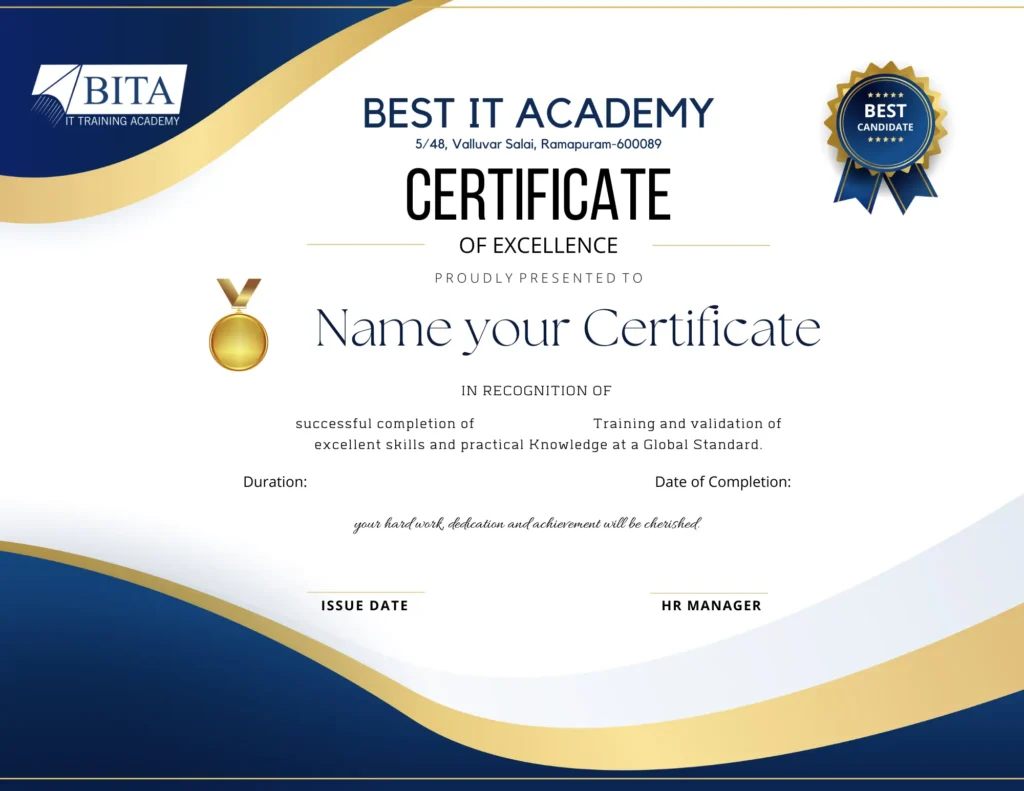
Professionals with Docker expertise have been in great demand in recent years, and this trend is projected to continue. Docker has grown in popularity as a containerization technology and has become a common tool for packaging, deploying, and managing applications. Many organizations have used containerization because it provides several benefits, such as scalability, portability, and efficiency in application deployment. Docker has emerged as a key containerization platform, and businesses are actively seeking individuals that can efficiently deploy containerization strategies using Docker. The national average salary for a Docker and Kubernetes Engineer in India is 11,19,631. Sign up for docker Training.
Job you can land with Docker
What you will learn?
- How to install Docker on Ubuntu?
- How to install Docker on CentOS?
- Set up Local Docker Host using Vagrant
- How to start Docker Host in Cloud using Docker Machine?
- Run Hello World in Docker
- How to run Docker Container in detached mode?
- Create, Start, Stop and Remove Containers
- How to build Docker Image with Dockerfile?
- How to share data in your Docker Host with Containers?
- Do you know to share data between Containers?
- How to copy data from containers?
- Write your first Docker file
- How to package a flask app using a container?
- Optimise your docker file
- How to version an image with tags?
- Migrate from vagrant to Docker
- Do you know how to use packer to create Docker Image?
- How to Publish your image to Docker Hub?
- How to run a private registry?
- Set up an automated build on Docker Hub
- Find the IP address of a container
- How to expose a container port on the host?
- Link Containers in Docker
- Deep Dive on Docker Container Networking
- How to choose a container networking namespace?
- Docker Daemon IP Tables
- How to use pipework?
- How to set up a custom bridge for Docker?
- Do you know how to build a tunnel between Docker Host?
- How to run containers on a network?
- Run a Weave network on AWS
- How to deploy flannel overlay between docker hosts?
- Deep Dive on Docker Network Namespace
- How to manage and configure Docker Daemon?
- Compile your own Docker Binary from source
- How to change the storage driver?
- Do you know how to run the Docker Test Suite?
- How to replace the current Docker binary with a new one?
- Explore Docker Remote API
- How to secure Docker Daemon?
- How to use Docker Py?
- Deep Dive on Kubernetes Architecture
- What do you know about networking Pods for container connectivity?
- How to create a multi node kubernetes cluster?
- How to start containers on kubernetes clusters with pods?
- Do you know how to use a replication controller?
- How to run multiple containers in a pod?
- Deep Dive on Cluster IP services
- How to create a single node kubernete cluster?
- How to compile kubernetes?
- Deep Dive on kubernetes dashboard
- How to use Docker compose to create a wordpress?
- How to start containers on a cluster with Docker Swarm?
- Do you know how to use a docker machine to create a swarm cluster?
- How to discover docker services?
- How to start a Docker Host on AWS EC?
- Use EC Container Service
- How to create an ECS cluster?
- Start Dock Containers on an ECS Cluster
- How to monitor containers?
- How to use Docker Inspect?
- Deep Dive on usage statistics of a running container
- How to collect container logs?
- How to visualise container metrics?
- How to deploy Rancher?
- An Overview of Rancher Server
- How to add host and configure access control?
- Connect docker registry
- Deploy Host
- Deep Dive on Networking
- Load Balancing
- Service Discovery
- How to compose and schedule rancher?
- How to use Rancher CLI?
- Deep Dive on Rancher API
Weekdays
Mon-Fri
Online/Offline
1 hour
Hands-on Training
Suitable for Fresh Jobseekers
/ Non IT to IT transition
Weekends
Sat – Sun
Online/Offline
1.30 – 2 hours
Hands-on Training
Suitable for IT Professionals
Batch details
Week days
Mon-Fri
Online/Offline
1 hour
Hands-on Training
/ Non IT to IT transition
Sat – Sun
Online/Offline
1:30 – 2 hours
Hands-on Training
Why should you select us?
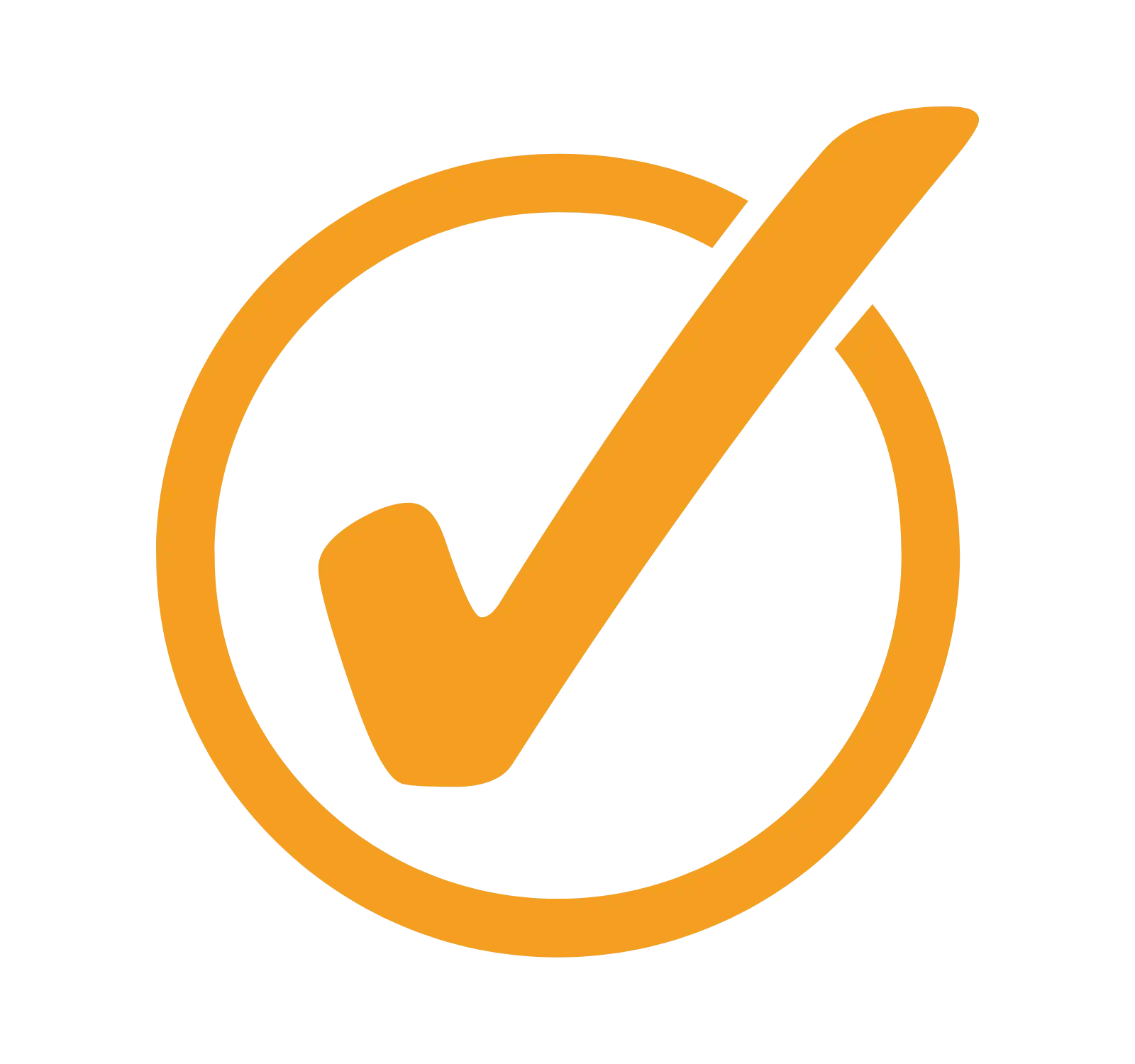





Why should you select Us?










